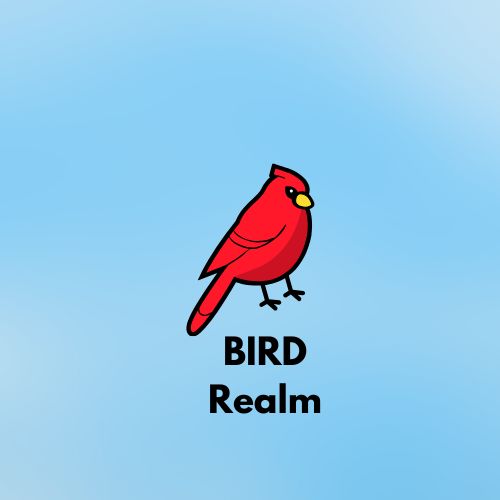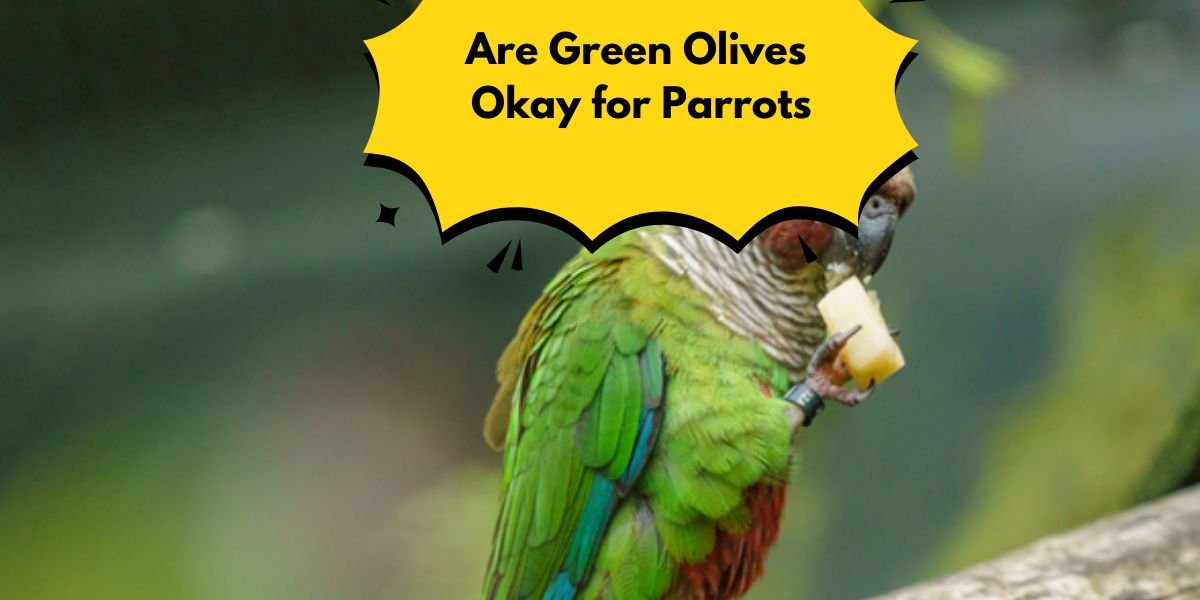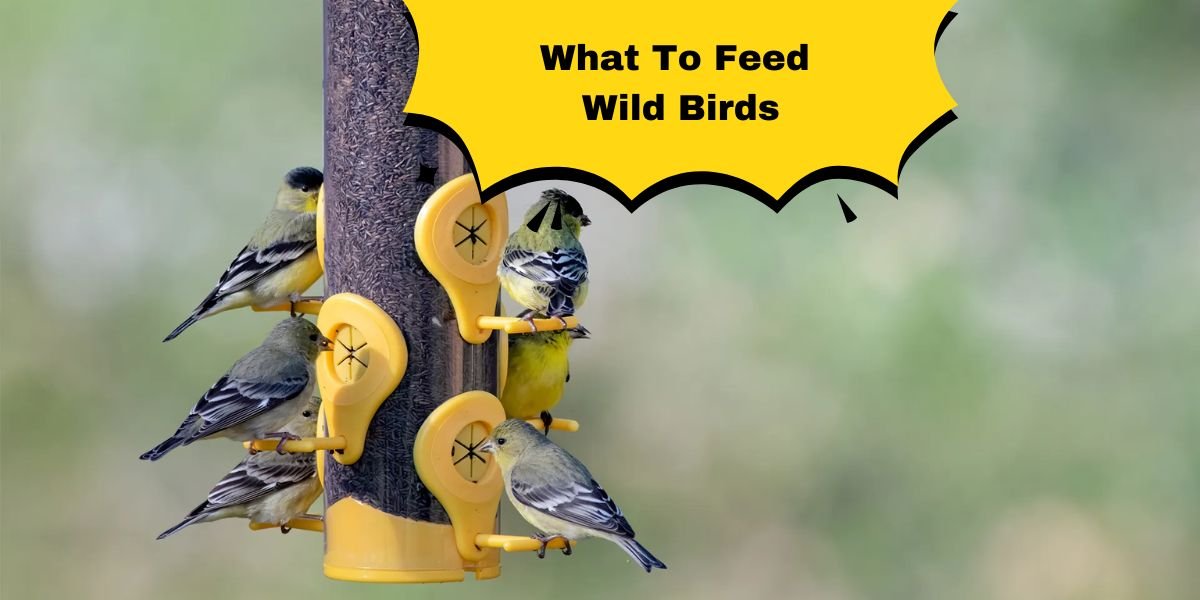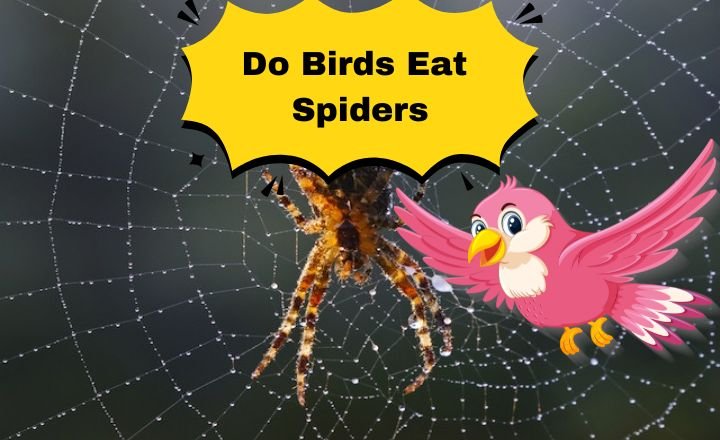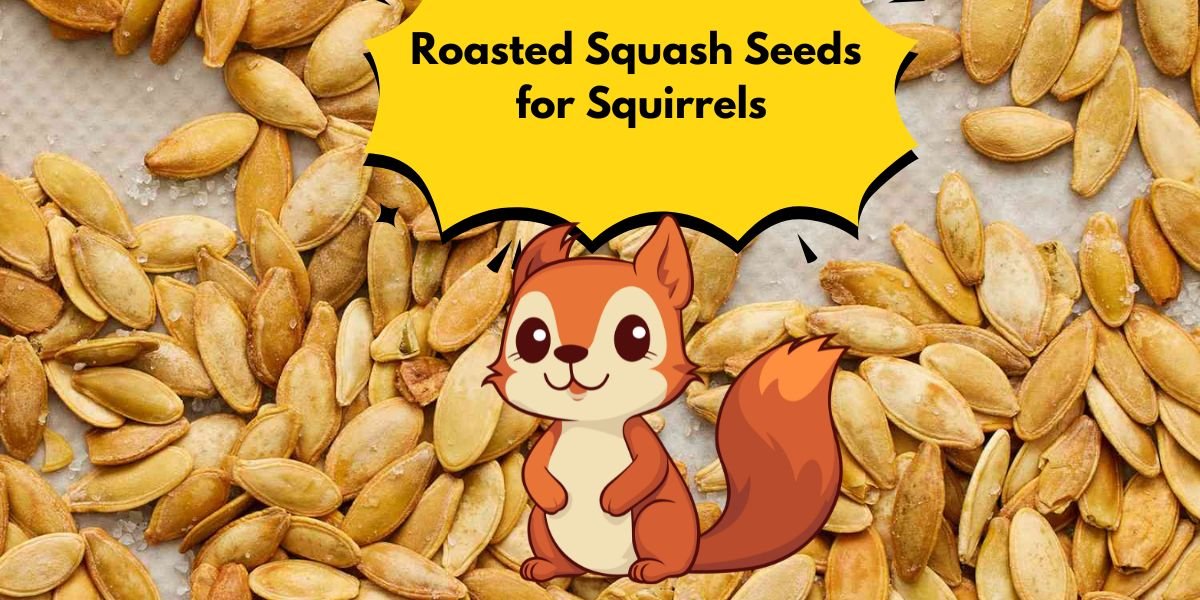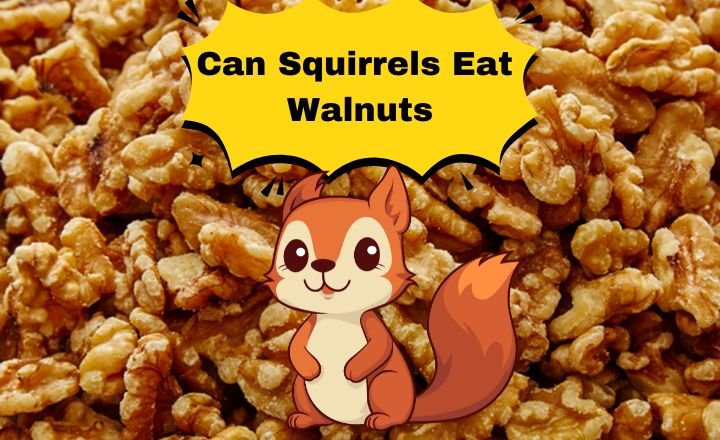Are Green Olives Okay for Parrots? A Complete Guide
When it comes to feeding pet birds, especially parrots, diet plays a central role in their health, behavior, and longevity. Parrot owners often ask: “Are green olives okay for parrots?” This question is valid, considering that olives are a staple in many human diets but are not naturally found in the habitats of most parrots.
While fruits, seeds, and nuts make up a significant portion of parrot nutrition, not every human food is safe for these intelligent and sensitive birds. This article explores the importance of diet, the nutritional value of green olives, the potential advantages and disadvantages, and whether they should be included in your parrot’s meals.
The Importance of Diet in Parrots
Parrots are highly active, intelligent creatures with diverse dietary needs. Unlike some pets that thrive on commercial feed alone, parrots require a combination of fresh fruits, vegetables, seeds, nuts, and occasional protein sources to stay healthy. Poor nutrition can lead to obesity, feather plucking, liver disease, and a shortened lifespan.
Including variety in their diet not only ensures nutritional balance but also keeps parrots mentally stimulated. Foods with different textures and flavors mimic the diversity of foods found in the wild. However, every addition to a parrot’s diet should be carefully evaluated for safety, as some human foods are toxic to birds.
Can Parrots Eat Green Olives?
The direct answer is yes—parrots can eat green olives, but only in moderation and under certain conditions. Green olives are not inherently toxic, but they contain high levels of sodium if they are brined or processed. The natural olive fruit is safe in very small amounts, yet feeding processed olives to parrots without caution can pose health risks.
When we ask “Are green olives okay for parrots?” we must differentiate between raw, unprocessed olives and jarred olives that have been preserved in saltwater or oil. The latter is far less suitable due to its sodium and additive content.
Nutritional Value of Green Olives
Green olives provide a mix of nutrients that can be beneficial if offered correctly:
- Healthy fats (monounsaturated fatty acids): Support heart health and provide energy.
- Vitamin E: Acts as an antioxidant, protecting cells from oxidative stress.
- Iron: Supports healthy blood production.
- Copper: Aids in red blood cell formation.
- Dietary fiber: Promotes healthy digestion.
While these nutrients can benefit parrots, the concentration of sodium in most store-bought olives is the main concern. Sodium toxicity in birds can lead to severe health issues.
Types of Green Olives for Parrots
1. Raw, Fresh Green Olives
Fresh olives harvested directly from the tree are bitter due to oleuropein but are free of added salt. If rinsed, pitted, and served in tiny amounts, they are the safest option.
2. Brined Green Olives
Most green olives sold in stores are soaked in brine, making them extremely salty. While humans enjoy the taste, this level of sodium can overwhelm a parrot’s small body and harm the kidneys.
3. Stuffed Green Olives
Stuffed olives often contain garlic, pimentos, cheese, or spices. Garlic and onions are toxic to parrots, while cheese and spices can cause digestive problems. Stuffed olives should be strictly avoided.
4. Canned or Jarred Green Olives
Canned olives usually contain preservatives, salt, and oils. These additives make them unsafe for parrots and should never be a part of their diet.
Advantages of Feeding Green Olives to Parrots
1. Source of Healthy Fats
Green olives provide monounsaturated fats that can give parrots extra energy, particularly active or larger species like macaws.
2. Antioxidant Benefits
Vitamin E and other compounds in olives help reduce oxidative stress, supporting feather health and immunity.
3. Mental Stimulation
Parrots love exploring new textures and tastes. Offering a small piece of olive can enrich their feeding experience and reduce boredom.
4. Occasional Nutritional Boost
Olives, in their purest form, can provide trace minerals such as copper and iron that complement a varied diet.
Disadvantages of Feeding Green Olives to Parrots
1. High Sodium Content
The biggest drawback is salt. Parrots have very low tolerance for sodium, and even small amounts from brined olives can lead to dehydration, kidney stress, and potential toxicity.
2. Risk of Additives
Store-bought olives often contain preservatives, spices, or flavorings that are harmful to birds. Ingredients like garlic or onion are especially dangerous.
3. Potential for Overfeeding
Olives are calorie-dense due to their fat content. Regular feeding could lead to obesity, fatty liver disease, and other metabolic issues.
4. Choking Hazard
Olive pits are hard and can pose a choking risk or damage a parrot’s beak if not removed before feeding.
How to Safely Feed Green Olives to Parrots
Step 1: Choose Fresh or Low-Sodium Options
If you can access raw, organic green olives, these are preferable. Otherwise, look for low-sodium varieties and rinse them thoroughly.
Step 2: Remove the Pit
Always offer pitted olives to prevent choking hazards.
Step 3: Feed in Moderation
A small slice of olive once in a while is enough. This should not become a regular diet item.
Step 4: Observe for Reactions
Every parrot is different. Some may love the taste, while others ignore it. Watch for digestive upset after the first introduction.
Alternatives to Green Olives for Parrots
If you’re concerned about sodium or fat, there are healthier alternatives that provide similar nutrients without the risks:
- Fresh grapes – juicy, hydrating, and antioxidant-rich.
- Apples (without seeds) – sweet and full of fiber.
- Berries (blueberries, strawberries, raspberries) – antioxidant-packed.
- Carrots and leafy greens – excellent vitamin A sources for feather health.
These options can be rotated in the diet to give your parrot variety without the risks of processed olives.
Conclusion
So, are green olives okay for parrots? The answer is yes, but with important conditions. Fresh, raw, or low-sodium green olives can be offered occasionally as a treat, but processed, brined, or stuffed olives are unsuitable due to their high salt and additive content. While olives offer healthy fats and antioxidants, they should never replace staple foods such as fresh fruits, vegetables, seeds, and pellets.
The key is moderation and caution. If you do choose to give your parrot green olives, ensure they are plain, pitted, and offered sparingly. Your feathered companion’s health relies on a balanced, varied diet, and while olives can be part of that balance, they should remain an occasional treat rather than a regular food source.
